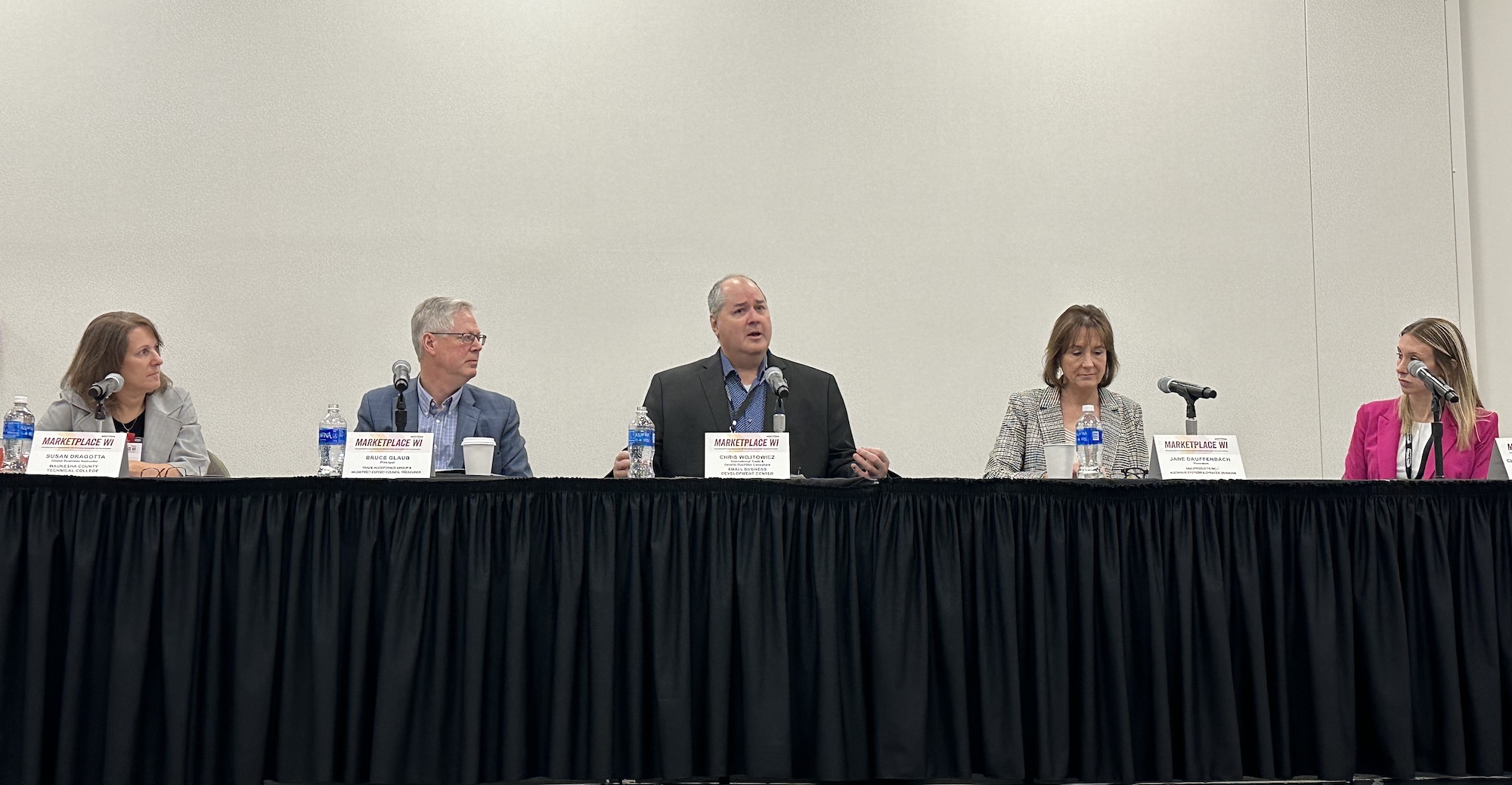In August of 2021, I discussed the impact of the political environment on international trade. Again, we are thrust into global turmoil. How will your company position itself in a world that seems to be mired in a series of proxy wars and toxic redirect?
The very way we do business has changed.
In China, the arbitrary detention of business executives and others as a tool of political leverage is a well-documented tactic used increasingly over the past few years. With U.S.-China tensions raising over the past year, it is a tactic that may become even more prevalent in the short term. When assessing the risk of detentions to an employee or executive, organizations should consider the organization’s relationship to China, current U.S.-China tensions and China’s history of using detentions as political leverage.
After Russia invaded Ukraine almost two years ago, the U.S. and Europe imposed strict sanctions against the Russian government. But as Russian manufacturers work to replace tanks destroyed on the battlefield, they are doing it with the help of a machine parts made by a company based in New York. A Niles-Simmons turn-and-mill center is a machine tool that uses computer numerical control, or CNC, to automatically machine metal into almost any desired shape. The sanctioned Russian company Ultratrac uses this to manufacture tank parts. I suspect after the PBS Newshour report that an investigation will ensue.
The issue could be simple: did Niles-Simmons know their products would end up making military parts for a sanctioned Russian company? I am not surprised one bit that this happened, and that Niles-Simmons is now in the spotlight.
What does this mean to you? What does this mean to your customers?
The Extraterritorial Reach of U.S. Export Control laws cover:
- Any U.S.-origin item wherever located.
- Any foreign-made commodity that incorporates certain U.S.-origin commodities or that is bundled or commingled with certain U.S.-origin software.
- Certain foreign-made products (including processes and services) produced directly by the use of U.S.-origin technology or software.
- Certain commodities produced in any plant or major component of a plant outside the U.S. that is a direct product of U.S.-origin technology or software.
- Chinese companies should note that compliance with Chinese law or the laws of other foreign countries does not relieve them of the obligation to comply with the Export Administration Act (EAA) and Export Administration Regulations (EAR).
Further, if a company purchases a product covered by export regulations, that company is generally prohibited from engaging in any of the following activities without first obtaining a license or license exception from the U.S. Government:
- Exporting and reexporting controlled items to certain listed countries (as determined based on the item being exported).
- Re-exporting and exporting from abroad foreign-made items incorporating more than a de minimis amount of controlled U.S. content.
- Re-exporting and exporting from abroad foreign-produced direct products of U.S. technology and software.
- Engaging in actions prohibited by a denial order issued by BIS.
- Exporting or re-exporting any item to prohibited end-users or for prohibited end-uses.
- Exporting or re-exporting any item to embargoed nations.
- Supporting certain weapons proliferation activities (if said company is a U.S. person).
- Exporting or re-exporting an item through, or transiting such through, certain listed countries.
- Violating any terms or conditions of a license, license exception or order issued under the EAR.
- Knowingly proceeding with transactions that will cause, or have caused, a violation of the EAR.
Trade Compliance is an artform dedicated to illustrating how an exporter or importer conducts their business and how important decisions were made including the consistency of those decisions.
The SBDC Go Global Initiative is here to assist exporters and importers alike to navigate these murky waters of international trade.

